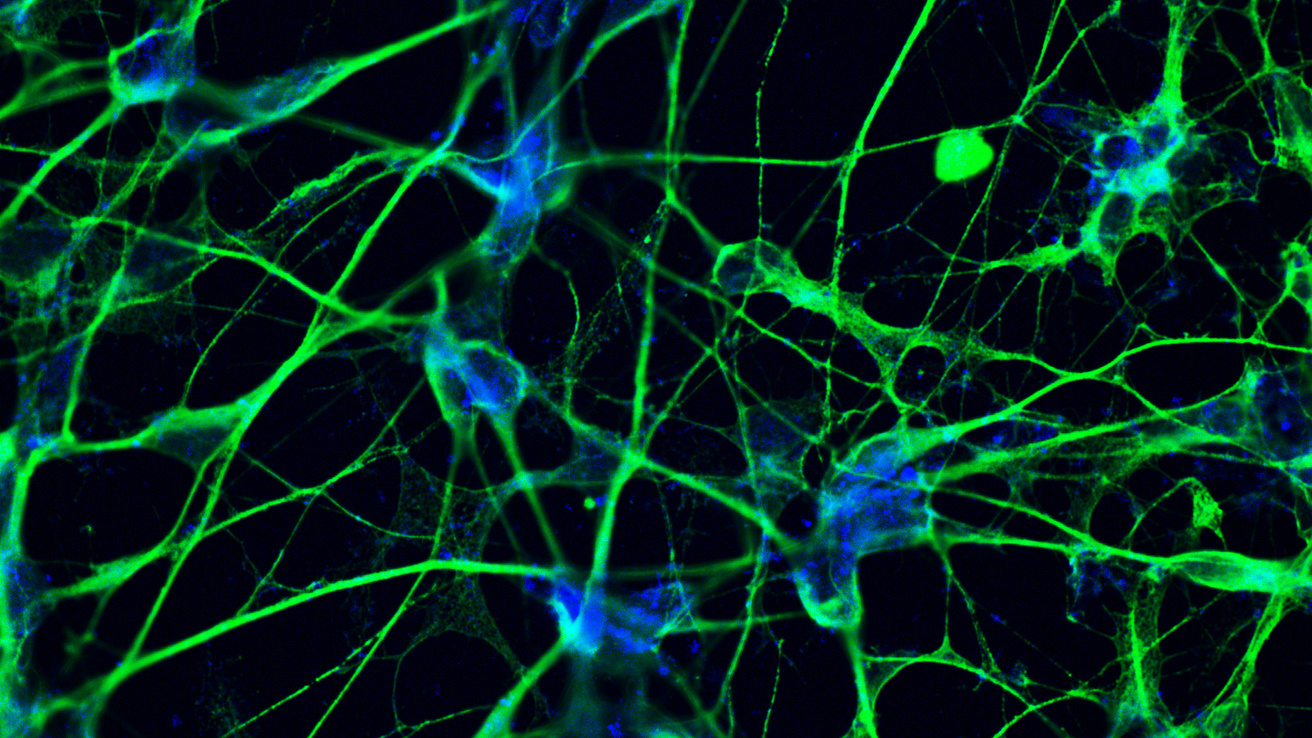

mRNA Therapeutics
We are actively investigating the use of Niemann-Pick C mRNA therapeutics to restore the normal NPC1 mRNA. This should result in the production of wild-type NPC1 protein and the correction of Niemann-Pick C phenotypes including cholesterol storage and aberrant autophagy activation.